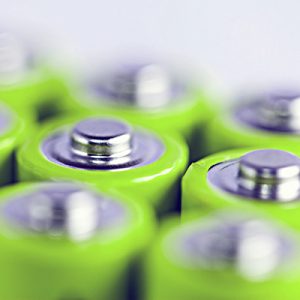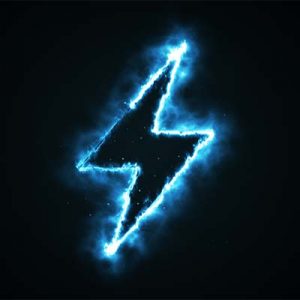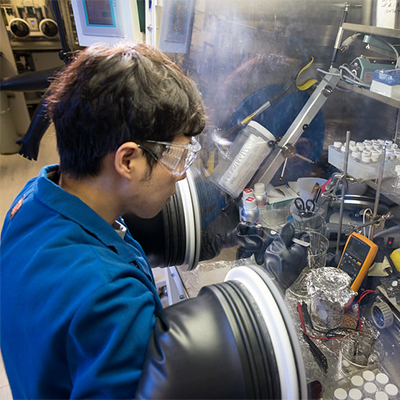
An Argon-filled “glove box” in the IBM Research Battery Lab, which is used to prepare air-sensitive battery materials such as lithium metal anode and electrolyte formulations, both of which were used in this new battery design. Courtesy: IBM Research
By Young-Hye Na, Manager of Advanced Battery Research Program, IBM Research-Almaden, US
Our world has no shortage of problems to solve. We now stand at a critical juncture for global action to address our most pressing challenges; from the COVID pandemic to climate change and so much more.
IBM has long recognized the urgency to find more sustainable solutions to tackle these problems (The Urgency of Science). For the first time in history we have the right tools at our disposable to do so. AI (artificial intelligence)—combined with advanced computing and access to enormous volumes of data via a secure and open hybrid cloud—can significantly accelerate the process of scientific discovery and the creation of more sustainable materials for use across a broad range of industries, including energy and batteries.


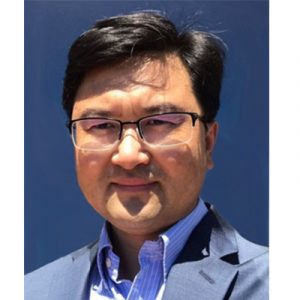

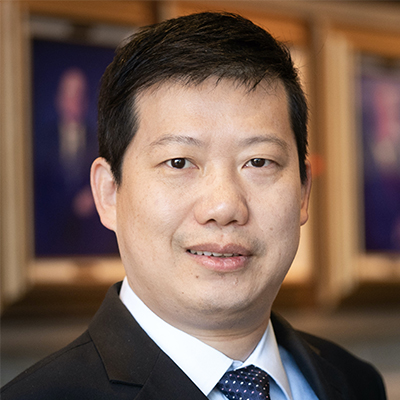

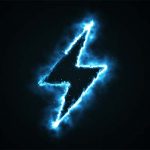
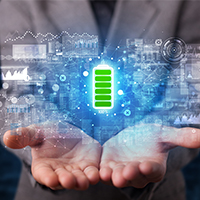
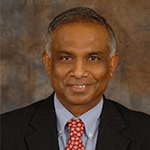 On June 17, 2020,
On June 17, 2020, 